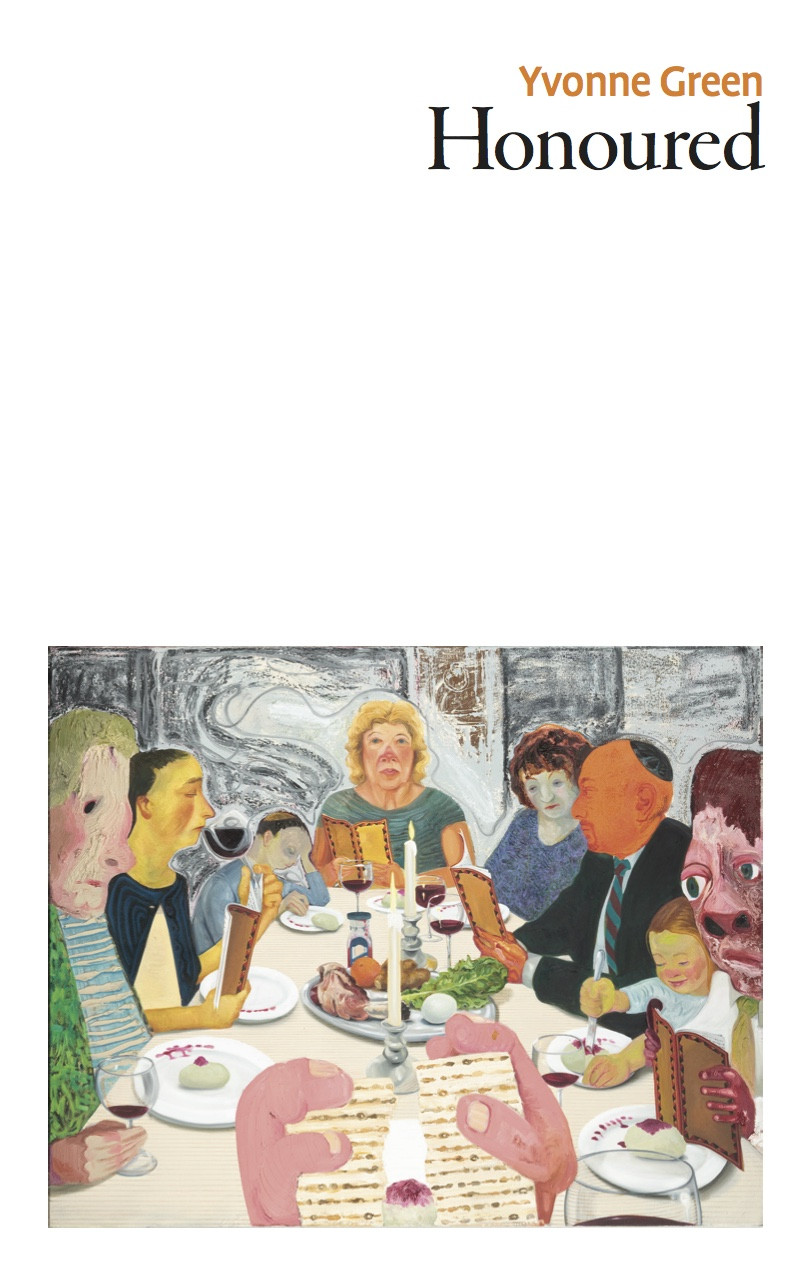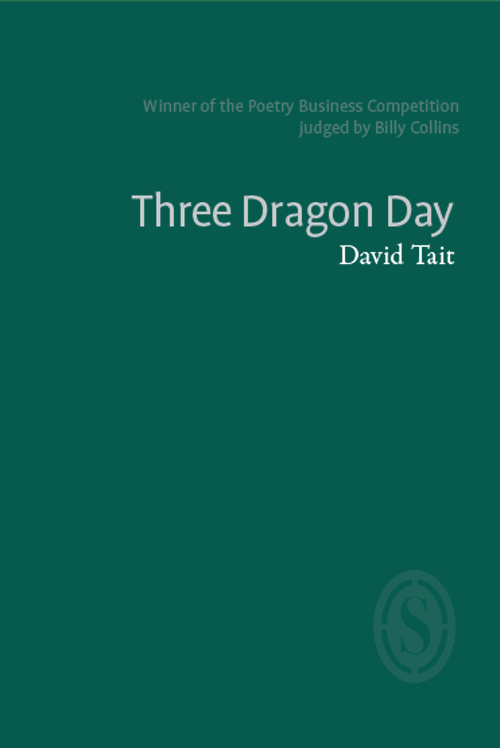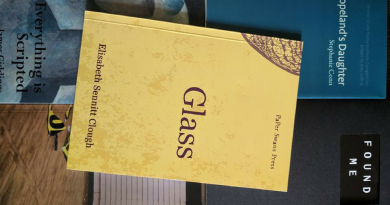Jam by Cliff Yates
– Reviewed by Stephen Payne –
For once, I agree enthusiastically with a cover blurb: “The poems are moving, surprising and funny, sometimes in the space of a few lines.” As the three-letter title, Jam, might suggest, Yates has a gift for compression. He shares with his publisher, Peter Sansom, an ear for the economy of spoken syntax, its ellipses and elisions. Here’s how ‘I met my friend’ (a dream poem about a dead friend) ends: “The sound of the water, distant / traffic, and a heron Look John! / at the far end.” As well as the syntax, I enjoy the line break “distant / traffic”, and how it puts me into the mind of the narrator.
That title, Jam: I expect a title poem to warrant it, and the poem in question is called ‘Jam Bush’. “It grows at the end of the garden, its buds / like bells or fairy lights.” But with a small but pleasing surprise, Yates doesn’t call it a ‘Jam Bush’ because he harvests the berries to make jam. Rather, its very fruit are “tiny jars, lids tight, labels you can // barely read: strawberry, blackcurrant.” I think of this as a just-surreal metaphor, comparing and celebrating the fruits and jams, and as the poem ends, the narrator’s daughter, taking pleasure in both. The fact that ‘Jam’ is used to title the collection encourages me to think of jam/fruit as a metaphor for Yates’s poetry. The words on the page are common or garden fruit, already-sweet, but also processed, potted and labelled by author and reader.
A few other poems in Jam use surreal images, very effectively, to deliver amusing or grabbing insights about the real world. ‘There’s a Horse in the Beech Tree’ might seem entirely surreal, as it describes a colt “clinging with his legs to the branches”. But read it as about a percept, like the creatures Hamlet sees in the clouds, and “If the wind picks up he’ll be in difficulty” becomes true, expressing the fragility of our perceptions of the world and our hopes for it.
‘There’s a Full Size Snooker Table in the YMCA Furniture Shop’ begins in reality, the narrator window-shopping and thinking “how wonderful it would be to have one, to have the room”. Easily fixed in the poem, which sees him hand over the dosh and carry the table home on his shoulder: a comical, cartoony image and also a touching metaphor for the consolations of imagination.
Billy Collins claims that the most productive reaction to a poem is jealousy, and it should be clear by now that many poems here make me wish I’d written them. ‘Bike Ride’ seems an ordinary enough piece of family nostalgia as it begins; but read the whole poem [quoted with author’s permission]:
Bike Ride
All four of us for once, in single file
on the Birmingham Road, past the fields
on our left, the black and white cottage
and the right turn under the railway bridge.It’s surprisingly dark cycling under the bridge
when Dad moos like a cow for the echo.
There’s no way he wouldn’t have done that,
mooed like a cow for the echo, cycling under the bridge.
No verbs in the first four-line stanza (compression!) so no tense as such, but I’m right there with them. The second stanza begins in the present tense, before the tense and the frame shift in the final two lines. It’s slight, but it’s masterful, just a tiny trick of syntax making the poem take off, bringing me back to the narrator in his moment of recollection, telling me so much more about the father, and especially about the lasting affection of his son.
Call me sentimental, but I well up. Again.





